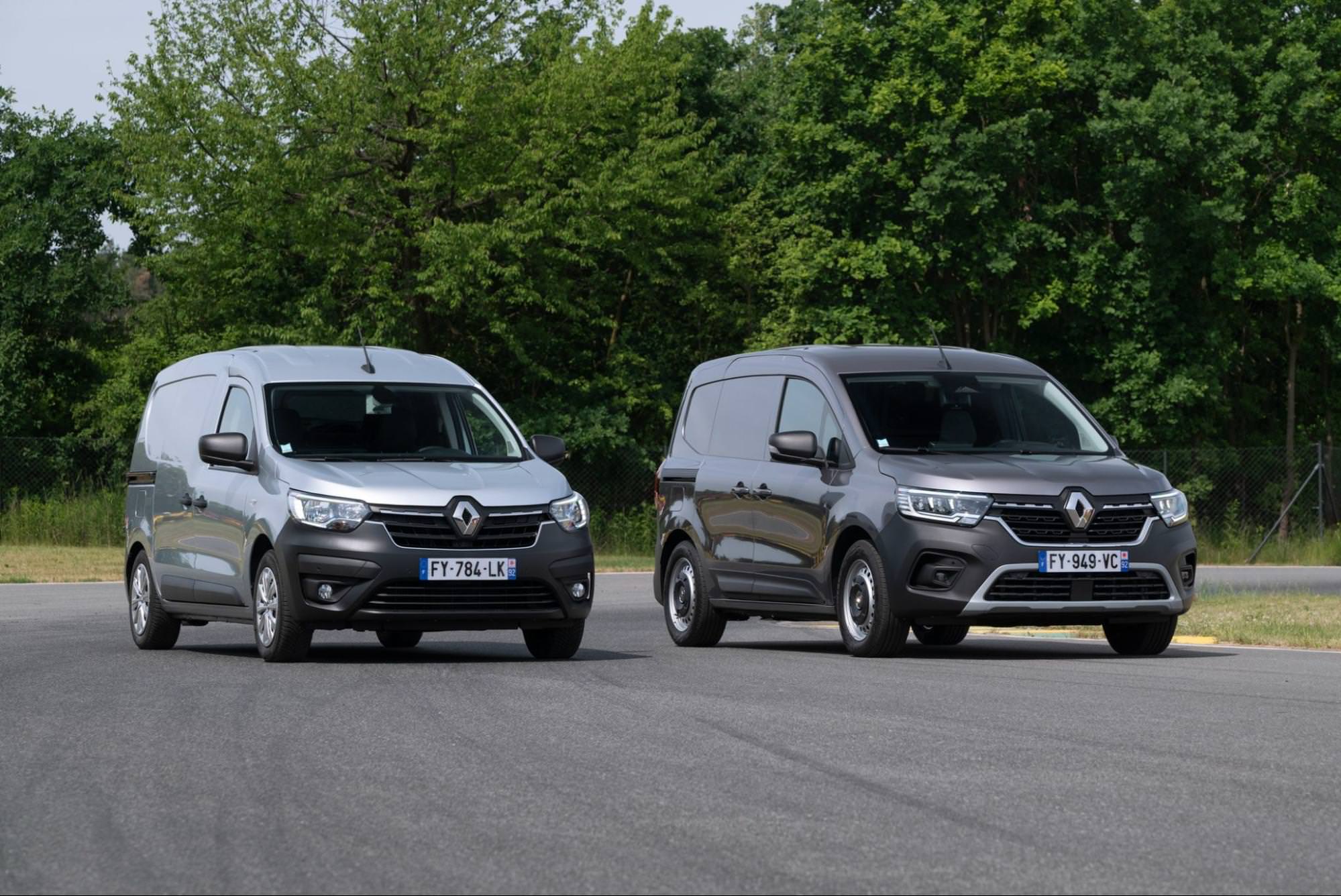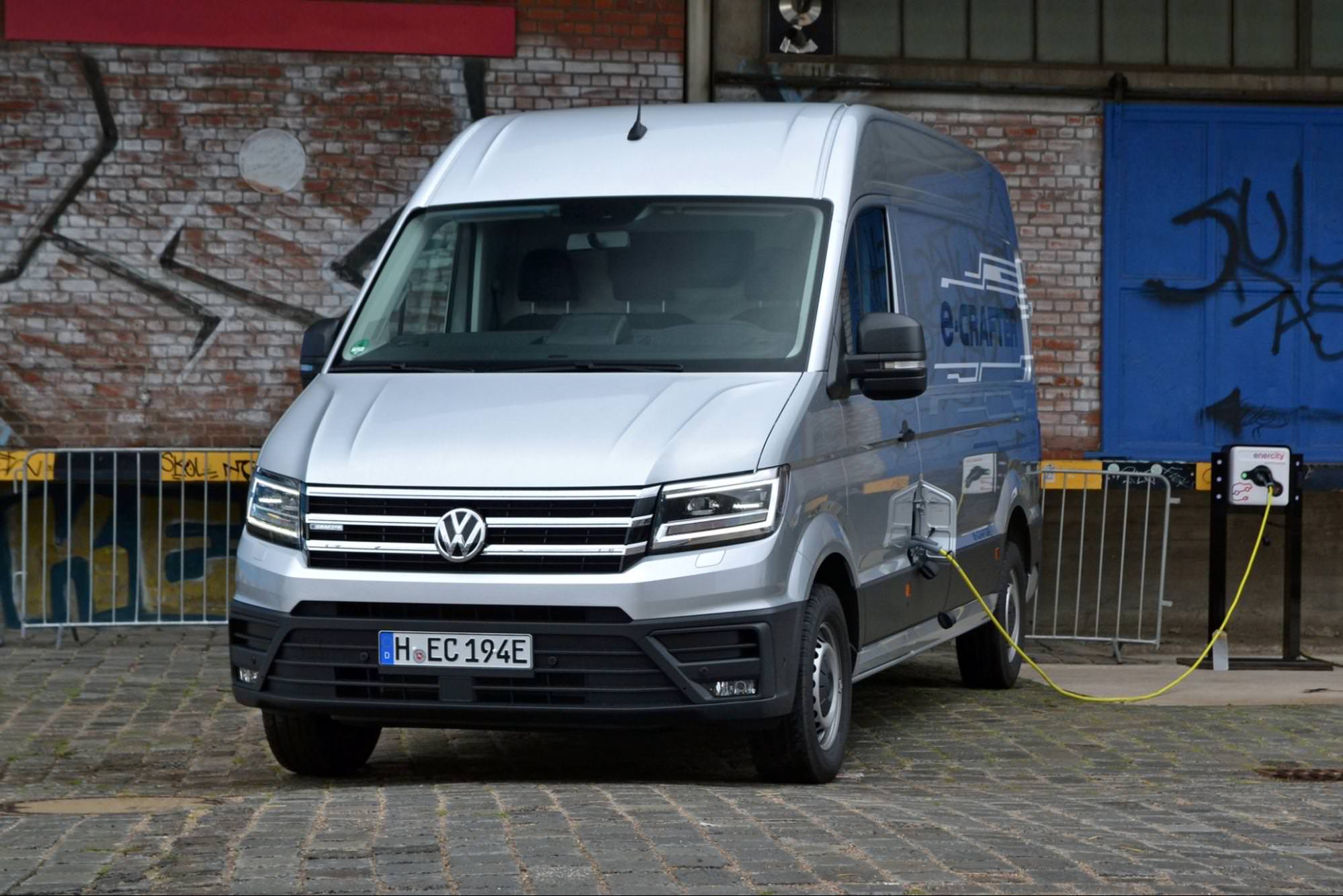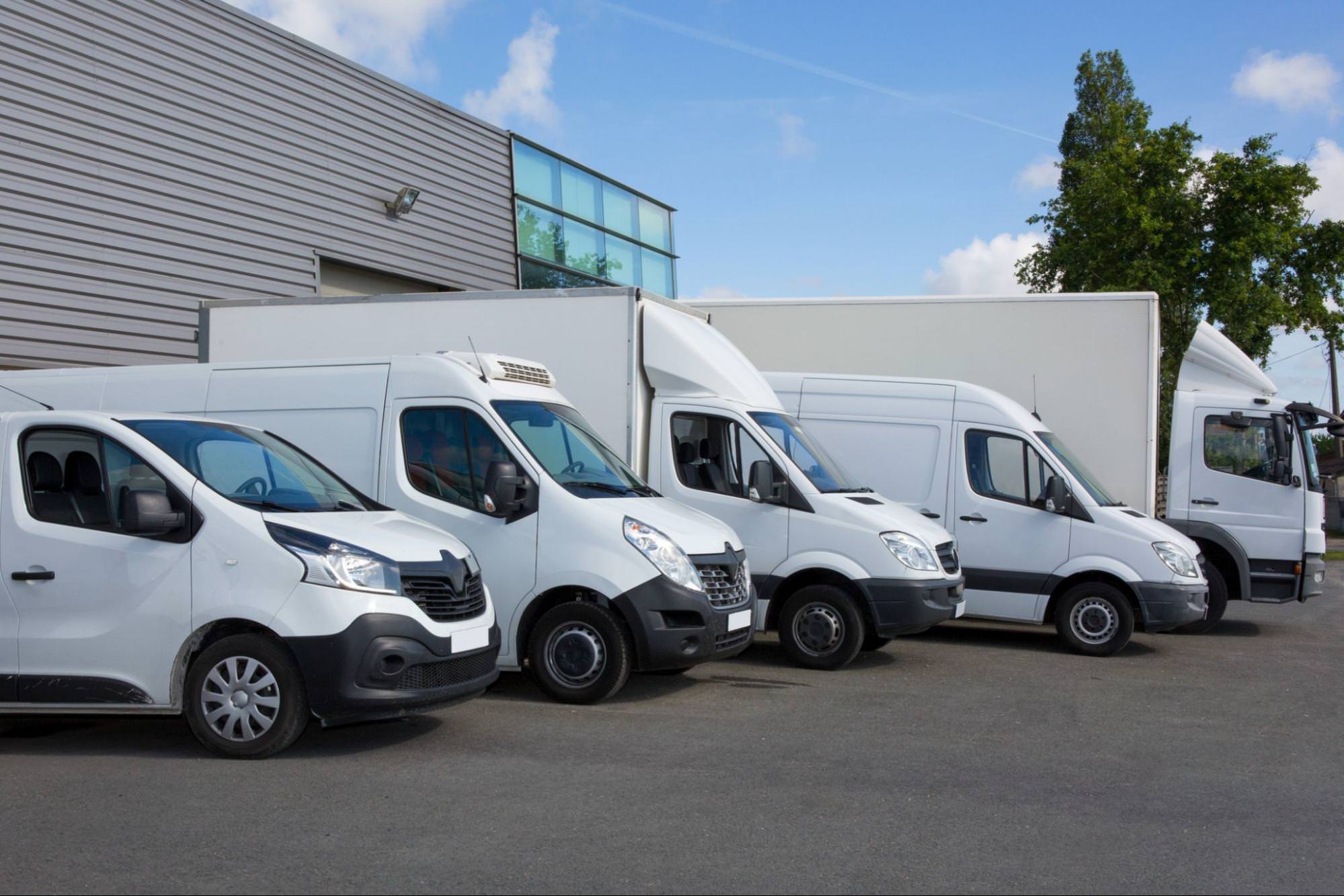- Blog
- Types of LCVs for Businesses and Fleets
Types of LCVs for Businesses and Fleets
Discover the various types of Light Commercial Vehicles (LCVs). From panel vans to pick-up trucks, learn about distinct uses and benefits for your business.
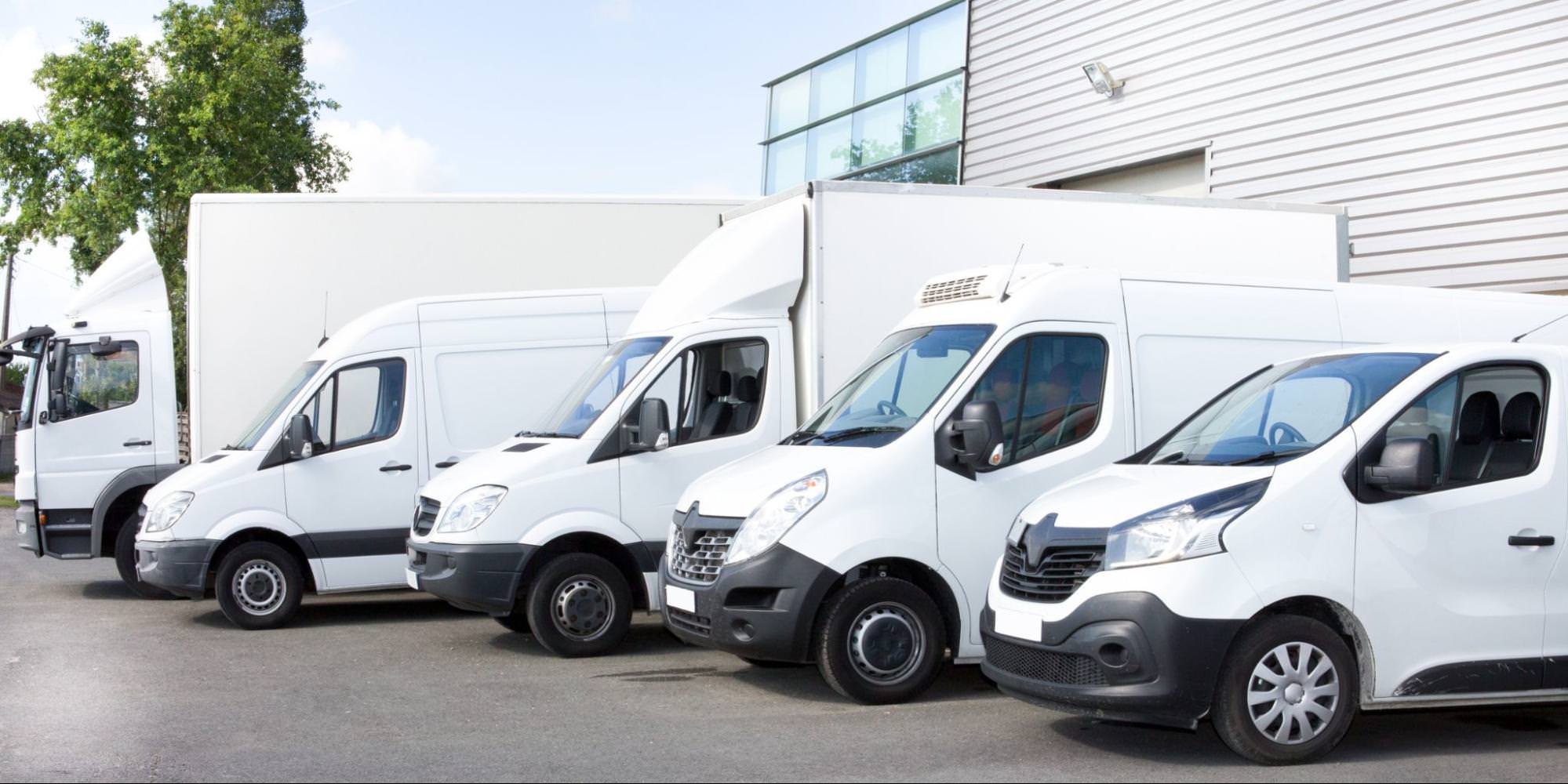
First of all — what is an LCV?
If you run a business that involves transporting any kind of goods, no matter whether it’s your own products, or tools of the trade, but not enough to justify buying a large truck, it might be a good idea to look into LCV vehicles.
But, you might be wondering, what exactly is an LCV?
The letters stand for the term “light commercial vehicle”. Now that we’ve established that — what counts as a light commercial vehicle?
There are two major types of commercial vehicles: heavy goods vehicles (which include large trucks and specialized vehicles, such as tankers or construction cranes), and light commercial vehicles (such as panel vans).
That second type is what we’ll be focusing on here.
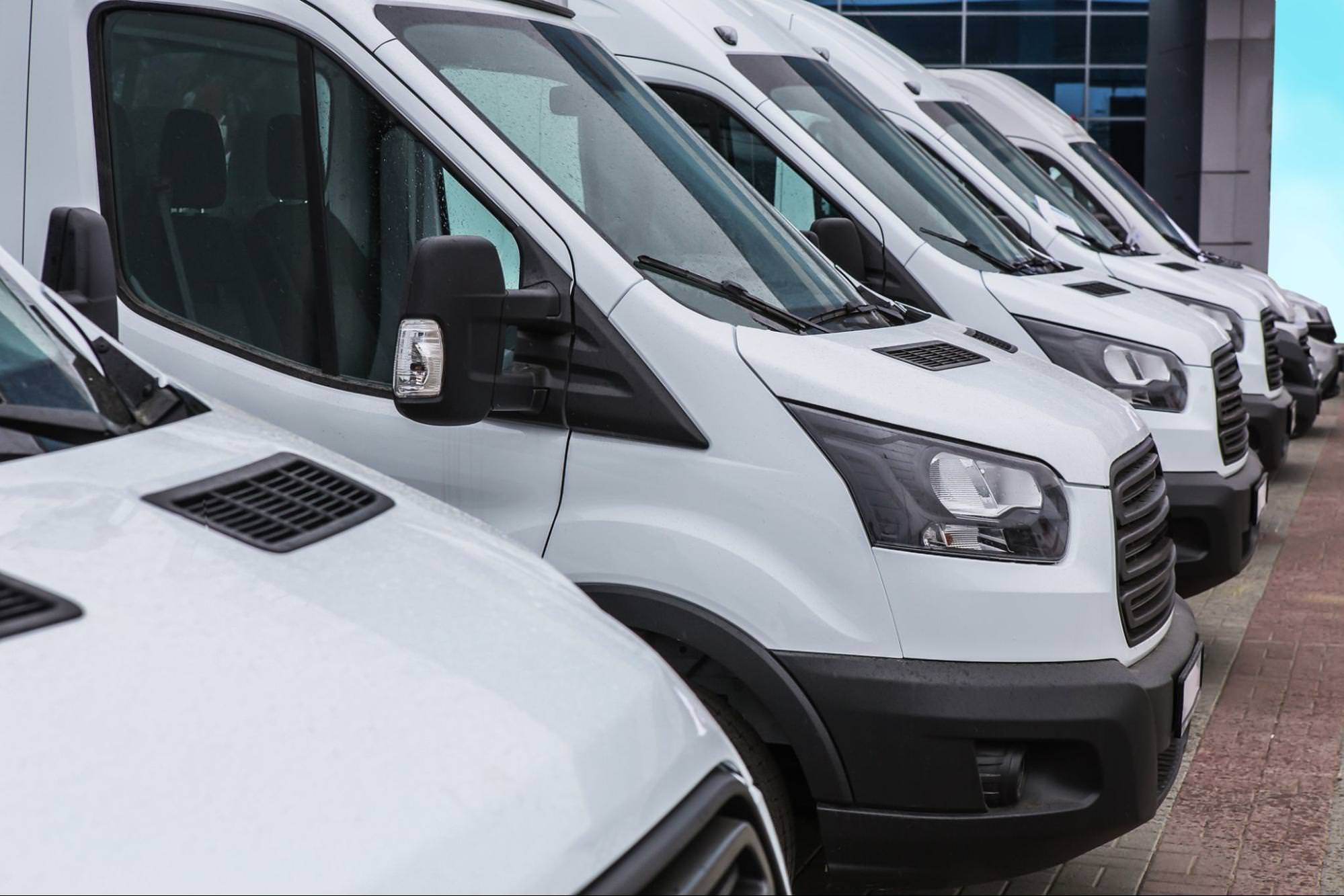
However, if the vehicle weighs under 3.5 tons, it is categorized as a light commercial vehicle, and, unlike an HGV, it doesn’t normally require a special driver’s license.
All sorts of businesses can benefit from LCV vehicles, from food delivery companies and pharmacies, furniture and appliance sellers, retailers that sell their products online, to construction and property maintenance businesses, among others.
The types of light commercial vehicles that suit those needs will also vary.
So let’s go over some common types of light commercial vehicles and the purposes they might be suitable for in the following section.
Find the perfect commercial vehicle for your business needs!
Browse all commercial vehiclesTypes and purpose of light commercial vehicles
According to Statista, as recently as 2022, LCVs were the most commonly sold commercial vehicles in Europe, and one of the main reasons for that is their versatility.
Commercial vehicles can be divided into trucks and vans.
Their closed-off cargo space makes vans suitable for businesses that transport sensitive items and materials that would risk damage if exposed to the elements, such as furniture or expensive electronics.
Car-derived Vans
Just like the name suggests, the body of a car-derived van is practically indistinguishable from a regular car, but the back seat of a commercial vehicle is permanently removed in order to free up more space for cargo.
There are also dual-purpose vehicles, where the back seat can be returned, so the vehicle can carry passengers again.
Dacia Duster has a popular commercial model
Car-derived vehicles are the lightest of all LCV cars, and their weight usually doesn’t exceed 2 metric tonnes. They are also required to adhere to the same speed limits and other regulations that apply to personal passenger vehicles.
As such, they are extremely compact and suitable for easy maneuvering in urban environments.
So, if you’re, for instance, a repairman who carries his tools and smaller equipment when getting in the field to respond to customer calls, or, if you have a small online retail business that requires you to transport parcels to the post office, to be shipped off to customers, a car-derived van is the solution for you.
Some car-derived LCVs include:
- Renault Kangoo
- Citroen Grand 4 Picasso
- Fiat Doblo Cargo Maxi
- Dacia Duster Commercial
Panel Vans
Panel vans don’t have to adhere to the shape of a personal vehicle, so they are designed to carry goods from the get-go, which means they usually offer more cargo space.
There is usually a seat at the front able to carry the driver and an additional passenger, with a spacious cargo section at the back that allows for easy loading and unloading.
What makes this type of van distinctive is the fact that the windows on the sides and the back are replaced by solid panels — this is where their name comes from.
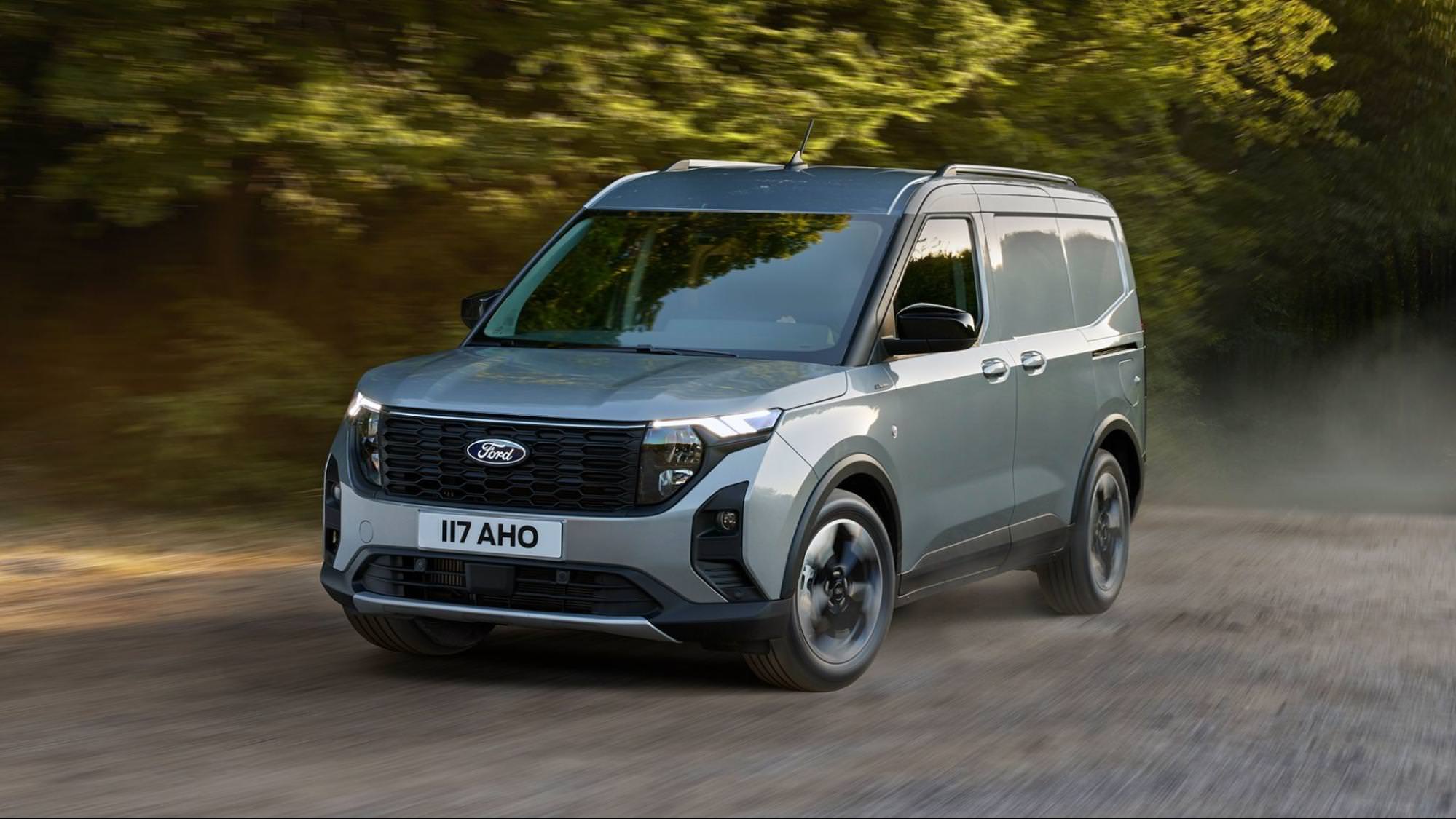
The solid panels protect the cargo within from view (which is why these vans are also called “blind vans”). This prevents theft and makes them particularly suitable for urban areas.
They’re also highly customizable, which makes them the right solution for all kinds of trades, especially mobile retail shops, or construction companies.
For instance, they can easily be turned into refrigerated vans through double insulation, and such vans are great for transporting perishable goods.
They’re a must-have LCV if you own a business that involves transporting pharmaceuticals, or food and beverages.
Here are some popular models of panel vans:
- Ford Transit Courier
- Peugeot Boxer
- Volkswagen Crafter Combi
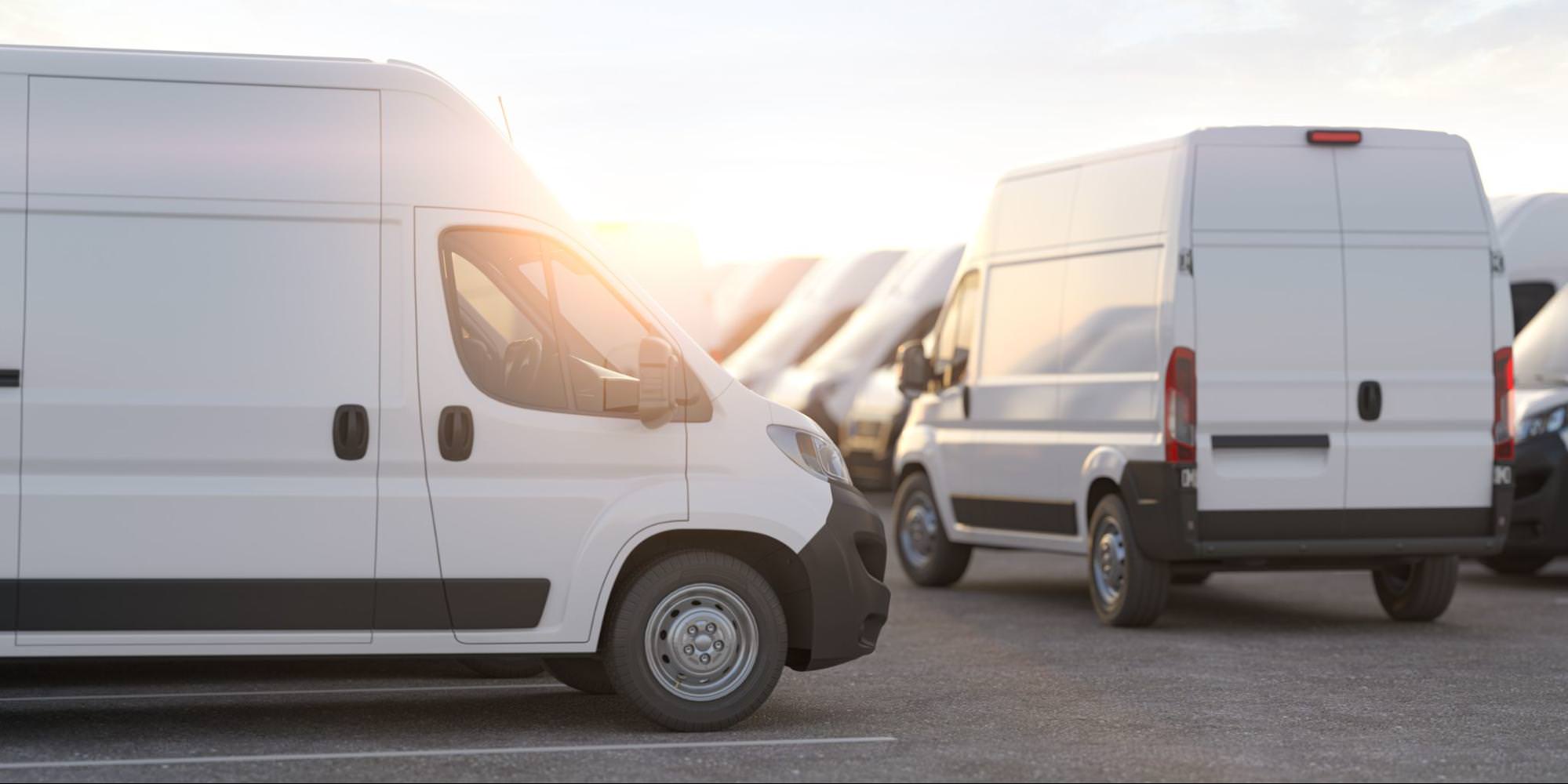
Box Trucks
Unlike the LCV vehicles we’ve already described, in a box truck, the driver’s space and the cargo space are separate despite being affixed to the same frame.
This means that you cannot access the cargo area (in other words, the box that gives the entire category its name) from the driver’s cabin.
Instead, there are special doors for loading and unloading cargo on either the back or the side of the commercial vehicle.
That makes them suitable for businesses that carry bulkier materials, such as construction, furniture delivery or landscaping, moving companies, as well as any business that involves transporting sensitive materials (e.g. cleaning chemicals) that might be harmful to the driver if they spill or start emitting harmful vapors.
Here are some models of box trucks that are classified as light vehicles:
- Fiat Ducato
- Mercedes Benz Sprinter
- Iveco Daily
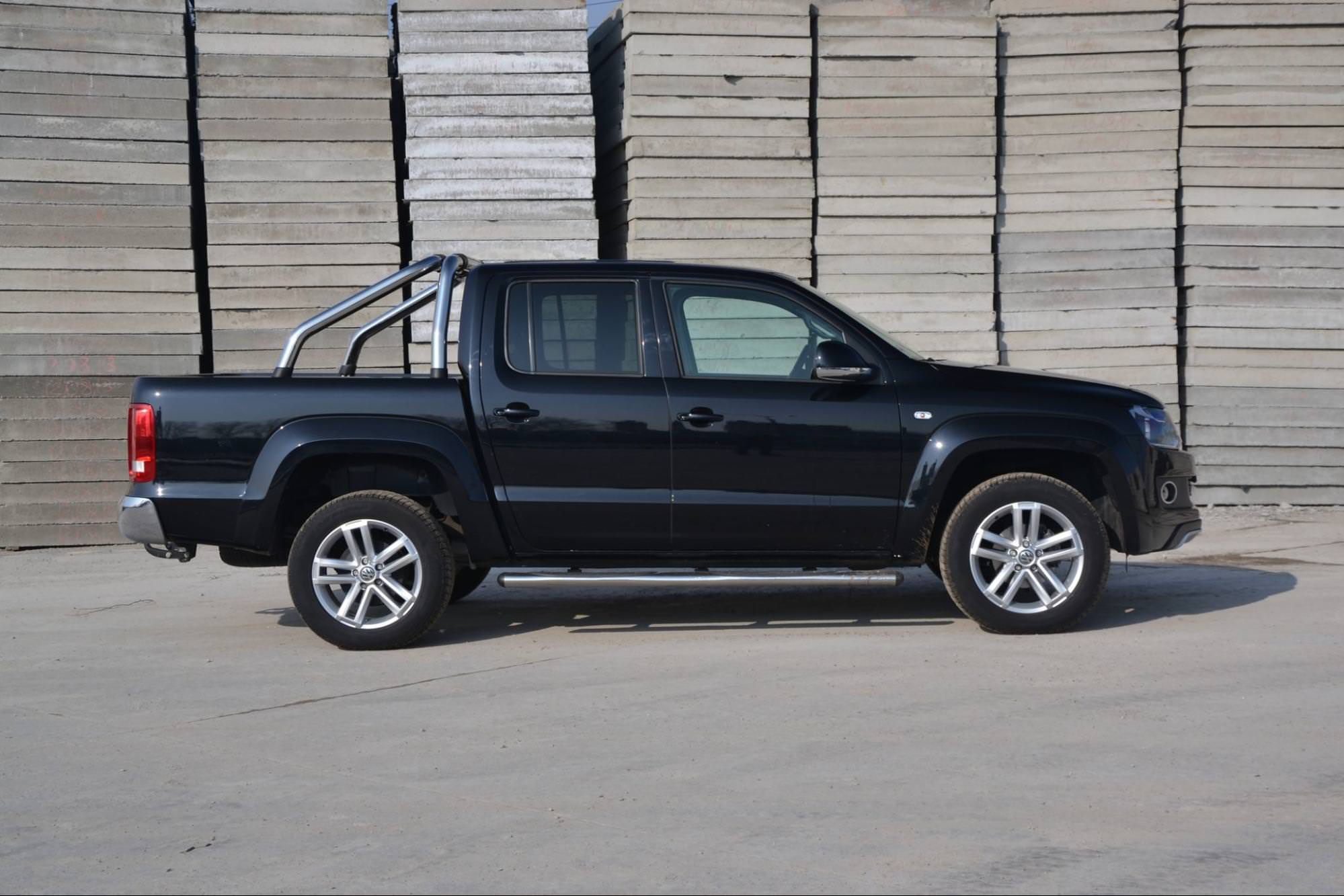
Pick-up Trucks
A pick-up truck takes it a step further and, in addition to separating the driver’s space from the cargo space, it also uncovers it. In other words, pick-up trucks have open-top cargo beds.
Unlike other types of commercial vehicles we’ve covered in this article, pick-up trucks are often intended for slightly more rugged, natural terrains, so they’re a good choice for businesses that have to do with agriculture, landscaping, and botanics, as well as construction and renovation.
It’s important to note that, although we commonly associate pick-up trucks with American markets, they’re also present in Europe, but the makes that are more popular in European markets tend to be more compact.
They include:
- Volkswagen Amarok
- Isuzu D-Max
- Mitsubishi L200
Are electric and hybrid LCVs a good choice?
Small business owners often gravitate towards electric and hybrid vehicles, either because of genuine care for the environment, or because of the combined financial benefit of fuel efficiency and, in some countries, government subsidies for EV owners.
However, are electric and hybrid commercial vehicles a good idea in the long run?
As with other electric and hybrid vehicles, there is the issue of the operational gap between the official tested range of a vehicle and its performance, which can be between 15 and as much as 60%.
The vehicle will have a smaller range in colder climates, while in warmer climates like Spain or Italy, it will be longer.
Those who want to opt for electric and hybrid LCVs should also take the availability of the charging network into account. Iinsufficient or even inefficient charging stations can reduce the productivity of, for example, a delivery driver using a light commercial vehicle.
Nevertheless, LCVs are comparable to diesel vehicles in terms of the total cost of ownership, so with growing charging infrastructure, they do present a good option for fleet and business owners.
Buy second-hand LCVs from European suppliers
One way to cut costs on light commercial vehicles is to purchase them second-hand. With trustworthy online platforms like eCarsTrade, sourcing reliable used vehicles is easier than ever.
At eCarsTrade, we cooperate with dealerships and other suppliers from European countries_en like Belgium, France, and Germany, among others, to provide the best used vehicles, and we also offer LCVs.
So, if you want to enhance your fleet with a used commercial vehicle in great condition, eCarsTrade is the place to start.
FAQ
► What exactly qualifies as a Light Commercial Vehicle (LCV)?
A light commercial vehicle (LCV) is a commercial vehicle intended to transport cargo that weighs under 3.5 tons. It doesn’t require a special license, but as a commercial car, it may be subject to different regulations than personal vehicles, especially with regards to speed.
► How do I choose the right type of LCV for my business?
The right type of LCV for your business will depend on a number of individual factors, including your budget (e.g., a lower budget will make a used LCV car more advisable), the type of business you run, and whether you plan to transfer sizable cargo (like furniture or building materials) or smaller items (like parcels). These factors will determine the size of the cargo space you need, fuel requirements and other considerations.
► Can LCVs be customized for specific business requirements?
LCVs are quite customizable. You can, for instance, fit in specialized shelving for your tools or cargo, or you can opt for a refrigerated vehicle if you’re in the food business.
► How can I ensure the LCV I choose is reliable and durable?
Choosing a reliable LCV is not much different from choosing a reliable personal vehicle. It all boils down to regular maintenance, adopting fuel-efficient driving practices and adhering to the vehicle’s weight capacity and, before all that, choosing a reliable supplier.
Find the right LCVs for your business
We hope this short guide has given you a clearer idea of what types of commercial vehicle types there are, as well as what you can expect from LCV vehicles. In short, there is an LCV out there for almost any type of business, and all it takes to find the right fit for your fleet is a bit of research.
And once you determine the right LCV car for you, hop back on the eCarsTrade website and find one at a great price.
